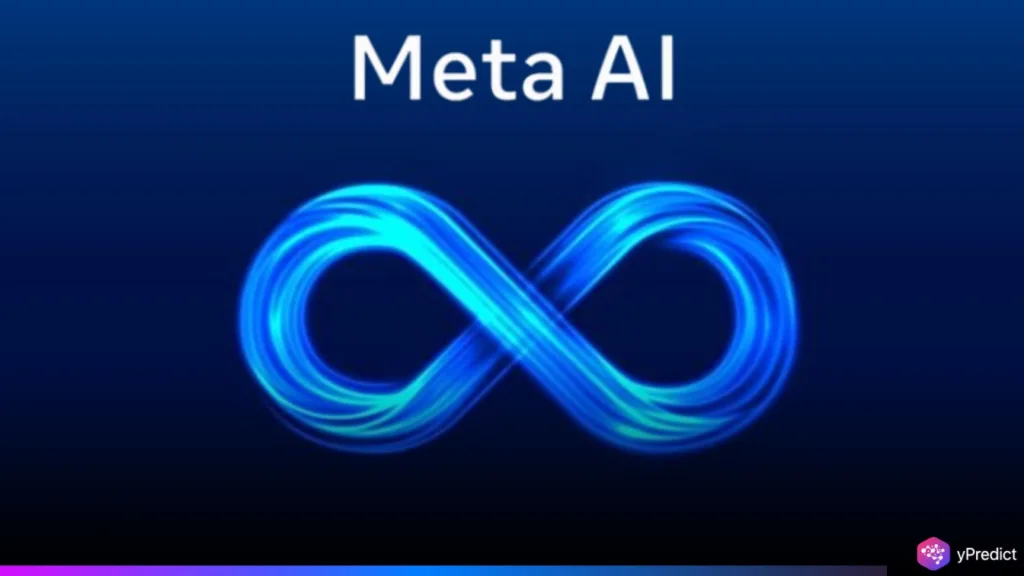
Meta Platforms Inc. has filed a major lawsuit against the developer of CrushAI, an AI tool creating explicit fake images. The lawsuit claims the app violated Meta’s advertising policies by running thousands of misleading ads on Facebook, Instagram, and Messenger. This legal move shows Meta’s stronger push to combat generative AI misuse harming user safety and content standards on its platforms. Meta combines litigation, industry partnerships, and detection tools to fight emerging threats from generative AI across its digital ecosystem.
Meta’s Crackdown on AI Abuse
Meta has initiated legal proceedings against Joy Timeline HK Limited, the developer behind the controversial app “Crush AI,” which allegedly used artificial intelligence to produce sexually explicit images of individuals without their consent. The lawsuit, filed in Hong Kong, marks a significant escalation in Meta’s ongoing efforts to combat the spread of exploitative AI-generated content on its platforms.
CrushAI became one of the most prolific offenders, reportedly running over 8,000 ads on Facebook and Instagram in early 2025. The app used generative AI to digitally remove clothing from uploaded photos, creating nonconsensual and explicit content. It operated instantly without verifying users, raising serious concerns about safety, consent, and privacy across all of Meta’s major platforms.
Despite repeated violations and ad removals, the app’s developers kept bypassing Meta’s review system by creating new accounts regularly. They also cycled through multiple domain names to continue promoting the app across Meta’s platforms. Meta stated that the lawsuit highlights its commitment to addressing serious misuse of its advertising infrastructure and policies. The company said in a blog post that,
This legal action underscores both the seriousness with which we take this abuse and our commitment to doing all we can to protect our community from it. We’ll continue to take the necessary steps, which could include legal action against those who abuse our platforms like this.
Meta’s Multi-Pronged Response to AI-Generated Exploitation
Mounting pressure from researchers, lawmakers, and advocacy groups has pushed Meta to strengthen actions against AI-generated explicit content. In January, Cornell Tech’s Alexios Mantzarlis reported that nearly 90% of CrushAI’s web traffic originated from Meta’s social media platforms. The finding underscored how deeply the app was embedded in Meta’s ad-driven ecosystem.
Moreover, U.S. Senator Dick Durbin sent a letter to Meta CEO Mark Zuckerberg in February, urging him to take action against advertisements that violated the company’s policies on adult nudity, sexual content, and various forms of harassment and bullying.
Nevertheless, Meta has responded by deploring advanced detection systems that identify harmful ads through keywords, emojis, and pattern recognition, even without explicit imagery. These tools also flag duplicate or derivative ads, allowing quicker removal of repeat offenders.
Furthermore, in 2025, Meta dismantled four coordinated ad networks promoting nudify services, using tactics once applied to fight disinformation campaigns. At the same time, IBM worked with tech firms through the Tech Coalition’s Lantern program to address AI-driven exploitation. Since March, they have reported over 3,800 unique URLs linked to AI-based abuse and content.
A Growing Crisis and the Push for Broader Accountability
The Meta CrushAI lawsuit highlights growing ethical and safety concerns as generative AI spreads. Platforms like X, Reddit, and YouTube have faced backlash for hosting nudify apps, prompting companies like Google to update ad policies banning digital undressing content without consent.
Additionally, legal pressure is also intensifying, with the San Francisco City Attorney suing major “undressing” sites. Meta and other tech firms are backing stronger regulations, including the U.S. “Take It Down” Act, which seeks to give parents greater control over app access and protect minors from AI-driven sexual exploitation.
Meta’s lawsuit against Crush AI is a key move, but it underscores the growing challenge. As generative AI evolves, platforms must constantly update their defenses to prevent misuse that threatens privacy, dignity, and public trust.







